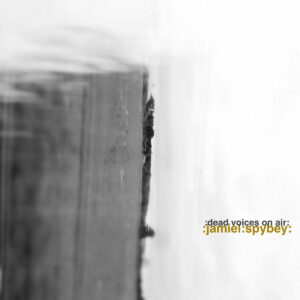
Dead Voices On Air
:jamiel:spybey:
Re:Mission Entertainment
Industrial, drone, technoid, ambient, Mark Spybey’s had a turn with it all, whether through the Dead Voices On Air project which has been his primary focus since the early 90s or his innumerable collaborative projects with a sizeable percentage of any list of experimental/industrial legends one might care to scribe. In short, he’s absolutely nothing left to prove at this point, yet he’s also been on an incredible run of major latter-era releases, going back at least to 2009’s Fast Falls The Eventide (keeping up with Spybey’s interstitial and archival releases on Bandcamp is now a part-time job akin to being a Pink Dots curator). New LP :jamiel:spybey: might be the product of a relatively recent collaboration, but that only goes to show the equanimity with the broader world of experimental music in which Spybey now seems to reside.
Spybey’s work with psych-rock act The Drood’s Nathan Jamiel goes back at least to a joint Psychic TV cover a couple of years back, and is expanded upon here with both sharing compositional and vocal duties. Were Jamiel’s name not on the proverbial tin, it would be easy enough to chalk up the quavering, feathered post-rock textures of “Drought Stones” or the country-stoned strumming of “Skin Horse” to Spybey’s muse carrying him towards slightly more traditional rock instrumentation than usual, but there’s clearly an easy harmony between the two.
The unapologetically contemplative, autumnal, and dare I say sacred mood Spybey’s music’s tilted towards in the second half of the DVOA catalog remains in place here, with a sense of sanguine reflection running through :jamiel:spybey:‘s arrangements and sounds. This isn’t to say that there’s a willful naivete or desire to use ambience as a numbing narcotic; The straightforward cover of Gira’s “Blind”, presented here relatively free of ornamentation or showy transposition, just shows how well-suited the Dead Voices On Air aesthetic already is to that wounded, beautiful, and utterly haunted song.
It’s tempting to link the combination of earthiness, beauty, lamentation, and, well, basic decency and empathy which has marked the last fifteen or so years of Spybey’s work to his day job as a therapist. After all, it takes someone with a broad, unblinking, and yet ultimately hopeful view of humanity to follow a Swans cover and a piece called “Down With The World” with a straight-faced and optimistic interpretation of “We Shall Overcome”, rendered here as a medieval-styled hymnal. Regardless of the path he’s taken to arrive at it, Spybey now holds over the vast plains of sound explored by Dead Voices On Air with a canny grace and wisdom.

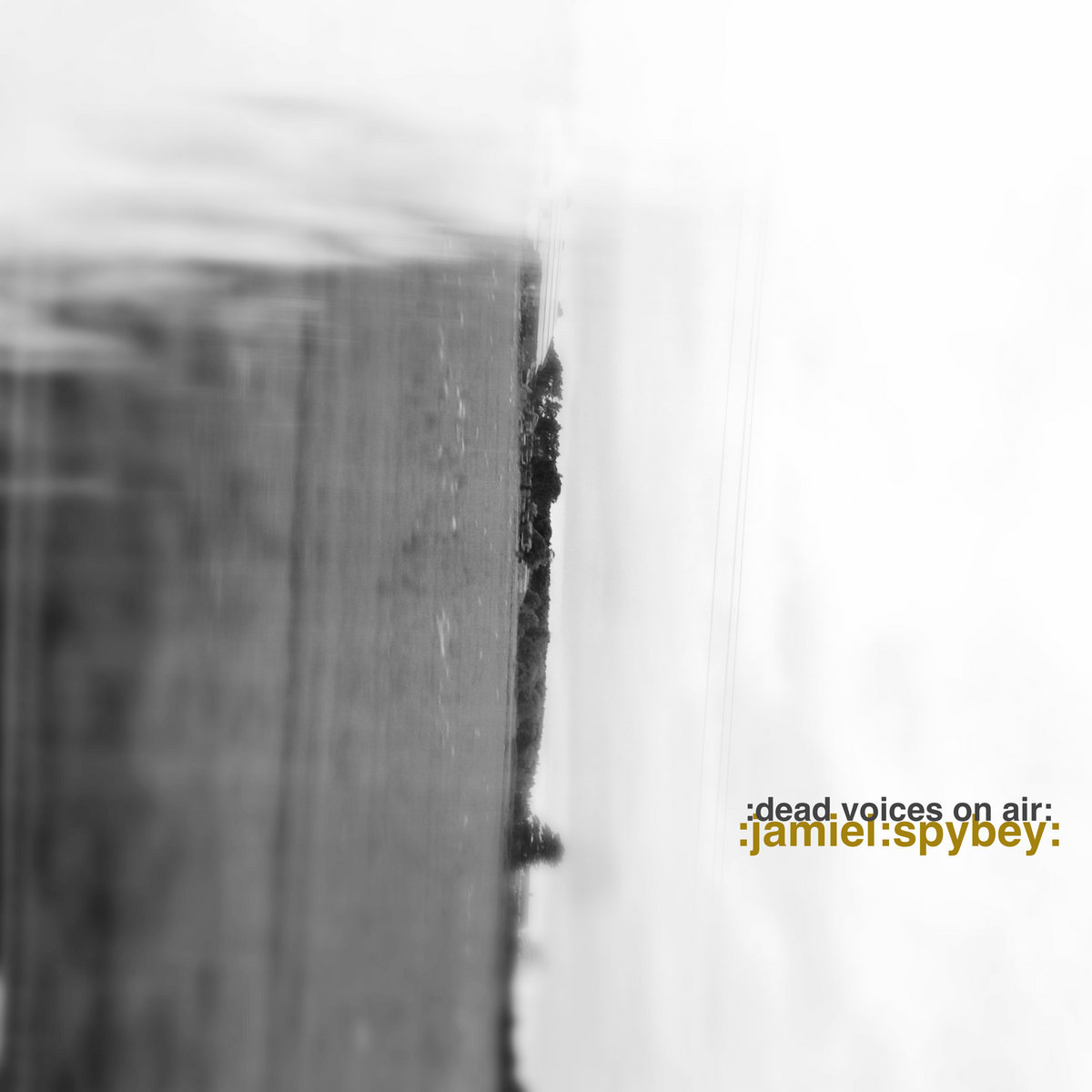
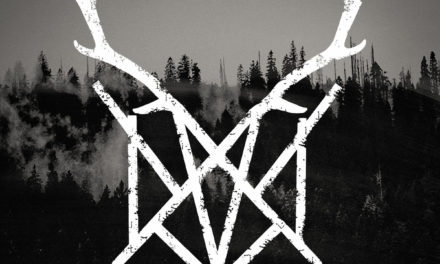
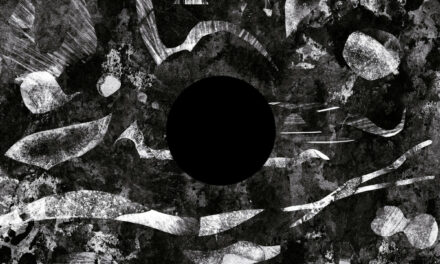
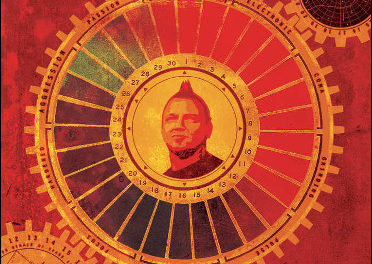
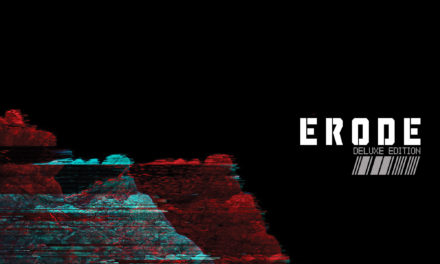
Trackbacks/Pingbacks